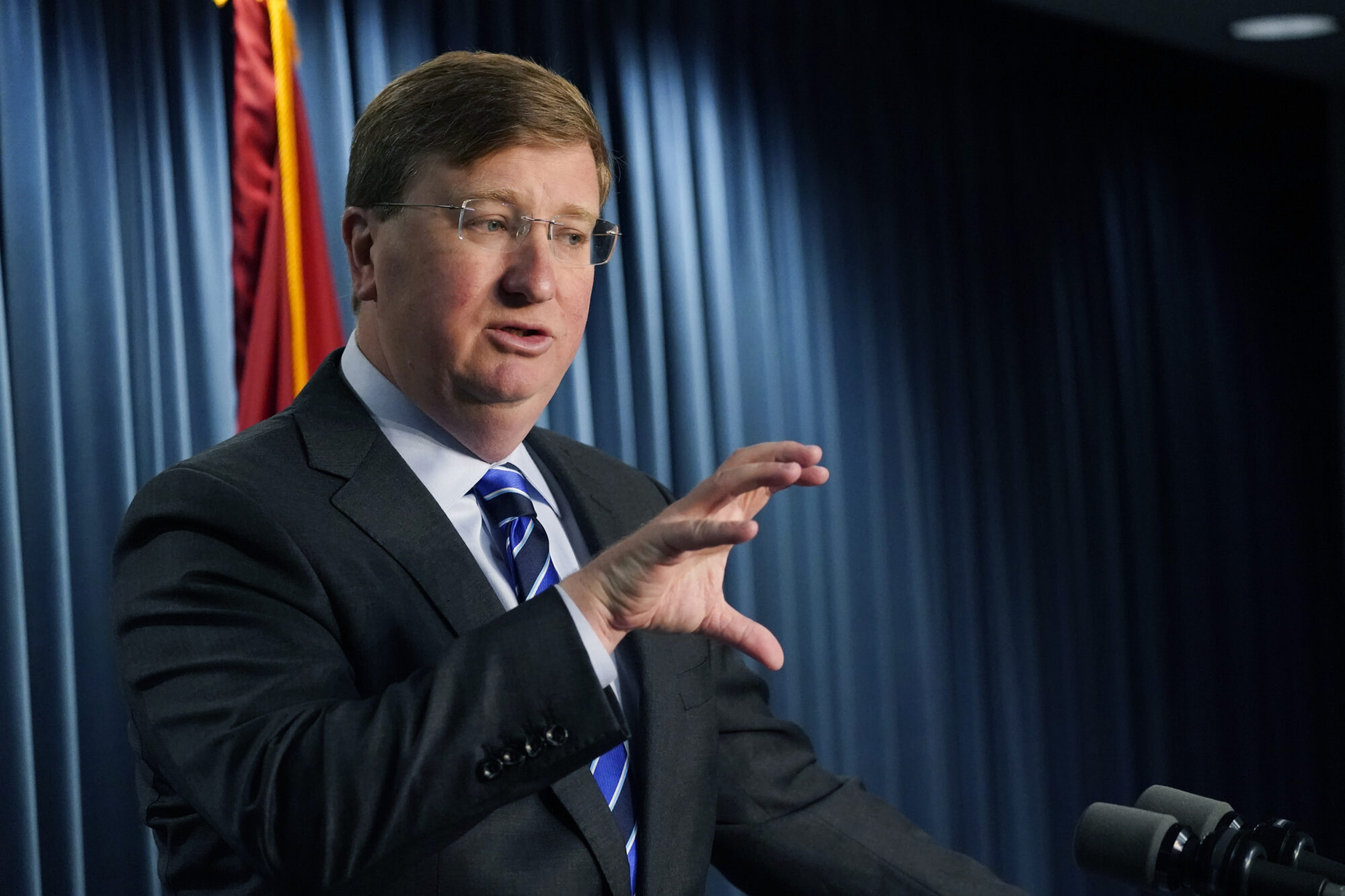RELEASE
Wicker Stands With Trump on Repealing and Replacing Obamacare
This past week’s debate by the House of Representatives on President Trump’s health-care plan is merely the prologue of a long process to repair the damage left by Obamacare. The Senate also needs to have a chance to debate legislation that would finally repeal this broken law.
I stand with the President in fulfilling the promise we made to Americans: to replace an unworkable law that has hurt far too many people and will continue to do so without repeal. The health-care exchanges are crashing, as major insurers leave. Most of the counties in our state, for example, only have one insurer, and that trend is not likely to get any better in the near future. Without insurance options, Mississippians cannot shop around for the care that best fits their needs and their budgets. This is not what affordable and accessible health care looks like.
As President Trump said in his first address to Congress, Americans should have “the plan they want, not the plan forced on them by our government.” His strategy would encourage more choices and lower costs for American families. Repealing Obamacare is just the first step. As Health and Human Services Secretary Tom Price has said, repeal should be joined by the rollback of harmful regulations and the enactment of legislation with additional reforms.
Pluses and Minuses of CBO Projections
Critics have pointed to numbers from the Congressional Budget Office (CBO) as the Achilles heel of President Trump’s health-care plan. But it is worth reminding, especially as we move forward with strategies to repeal and replace Obamacare, that these numbers are not a litmus test. CBO routinely releases projections on a piece of legislation’s costs, savings, and impact.
The agency made encouraging predictions about the tax cuts and the deficit reduction in the President’s health-care plan, noting that it could save anywhere from $150 billion to $337 billion over the next 10 years. One early long-term estimate by the independent Committee for a Responsible Federal Budget projected that the President’s health-care plan could lead to $2 trillion in savings over the next two decades. I have been an advocate for 20-year forecasts in the past, authoring an amendment to a previous budget proposal that would require CBO to determine longer economic estimates. Policy decisions should be based on sustainable progress, not short-lived wins.
CBO reports are also hardly ironclad calculations. For example, the agency projected much higher costs for the prescription drug program called Medicare Part D. Instead, the program has come in 40 percent under budget. CBO also overestimated the number of people who would receive their health insurance from the Obamacare exchanges, forecasting 24 million people would be enrolled by 2017. The latest report from the Centers for Medicare and Medicaid Services stated 12.2 million people were enrolled, missing the CBO’s mark by half. CBO even states in its most recent health-care report that “estimates … are uncertain.”
‘The Craziest Thing in the World’
We know what does not work, and we now have an opportunity to fix it. I have been impressed by President Trump’s willingness to invite members of Congress to the White House to discuss health-care reform. The President has also visited Capitol Hill to push for legislative action.
Those of us who voted against Obamacare in 2010 have fought for years to find solutions that actually deal with the health-care challenges Americans face. That means lower costs, tax relief, choices, competition, and access to quality care. It also means a deliberative legislative process to repeal and replace a law that even Bill Clinton admitted was “the craziest thing in the world.”
3/27/17






